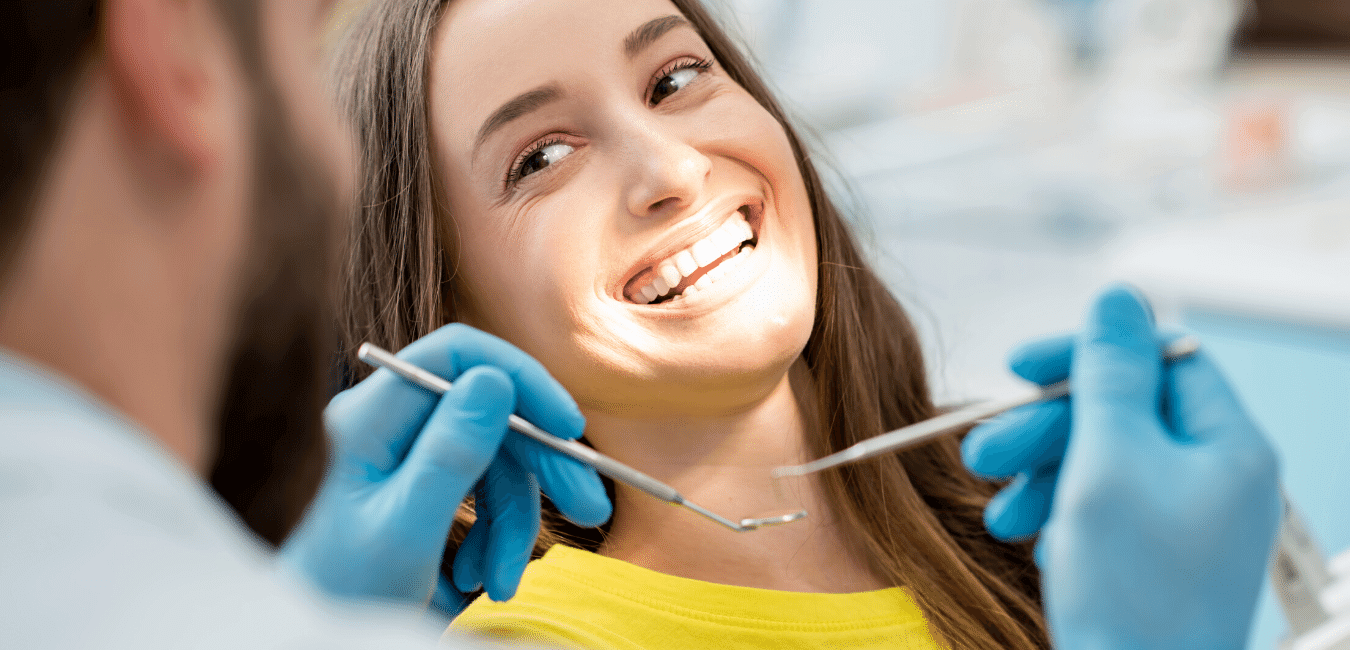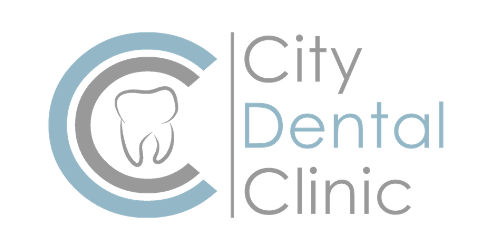Importance of Regular Dental Check Ups

What is a dental check up and why is it so important?
Having regular medical and dental check ups are often at the bottom of our to-do list. We tend to forget the importance of detecting problems early and then find ourselves making an emergency appointment at the dentist and having lengthy treatment, which, if we’d gone for our regular dental check up appointment, would have been a minor issue.
Dental checks for children
If children are brought up having dental check ups from a very early age, they will happily go for their regular check up later on in their life. The ideal time to start is with a 6 month old toddler. This is the time when baby’s first teeth usually erupt and it’s a good time for a dentist to have a first look at a baby’s gums, tooth/teeth and mouth. Babies should definitely be taken for a dental check up before they are 12 months old.
Take your child for a dental check up at least every 6 months; some dentists recommend every three months, as this allows them to closely monitor new teeth as they erupt and also allows the child to see ‘going to the dentist’ as a normal part of life.
Depending on their age and number of teeth they have the dentist will:
- Examine your child’s teeth, bite, jaws and gums
Additionally, the dentist may recommend other services such as:
- Clean the teeth, removing plaque, stains and any tartar
- Show you and your child how to clean teeth properly and how to use floss
- X-rays are rarely taken
Dental Checks for Adults
Regular dental checks are important for oral health and general well-being. Poor oral health, together with gum disease, can greatly increase your chances of having health issues such as a stroke and heart attack. Bacteria found in the mouth can also travel to other organs, especially in people whose immune system is compromised.
How Long Does a Dental Check Up Take?
An adult dental check up, together with a thorough clean, usually takes between 30 minutes to one hour, depending on the oral health of the patient. Check ups for babies and young children are often much shorter, as trying to keep a baby or toddler still, with his/her mouth open, is not an easy task. Generally, with babies and very young children, the dentist will ask the parent to hold the child on their lap. These first appointments are important ones for building a friendly relationship between the dentist and the child.
How Frequently Should Patients Have a Dental Check Up?
While it was usual for adults to have a 6 month dental check up, new studies have shown that as long as adults follow a good oral health routine and have no ongoing issues, having a dental check every 12 months is sufficient. As discussed above, dental check up frequency for babies and children varies from every 3 to 6 months, depending on the advice of the dentist.
What Happens at a Dentist Check Up?
Your dentist check up will include:
- Gum examination – checking for possible gum disease
- Checking for any loose teeth, broken teeth or damaged fillings and crowns
- Looking at mouth tissue for health issues such as mouth cancer
- Checking the tongue
- Checking for tooth decay
- X-rays – not every visit
- Checking your dental bite
Can Dentists Check for Mouth Cancer?
As part of your dental check up, your dentist will check for mouth cancer. He/she will be looking for cancerous and precancerous lesions that may lead to cancer. These lesions look similar to mouth ulcers. Some dental practices perform a VELscope cancer exam which is a non-invasive exam, where a special light picks up dead tissue caused by tumours that cannot be seen with the naked eye. If mouth cancer isn’t detected early enough it can spread to nearby tissue in the neck and throat before metastasizing to other areas.
Why Does the Dentist Sometimes Check Blood Pressure?
Many dental practices check your blood pressure on every visit. There are various reasons for this:
1) It’s highly likely that you visit your dentist more often than your doctor, therefore you don’t have regular blood pressure checks. High blood pressure can be the first sign of a health problem, so if it’s diagnosed early, your doctor can perform the necessary tests to discover the cause and advise on treatment.
2) Many of us become stressed when undergoing dental treatment, therefore it’s important for your dentist to check that your blood pressure is normal before beginning any treatment. Patients who suffer from hypertension may experience health issues if they become stressed during dental treatment.
3) If a patient has high blood pressure, a dentist may put any dental treatment on hold until the patient has visited his/her doctor and been given the ‘all clear’.
4) The type and dosage of anaesthesia drugs may need to be changed should you suffer from high blood pressure.
X-rays to Scan for Potential Issues
Your dentist wants to ensure you receive the best possible oral care. Looking at your mouth, gums and teeth will only give him/her half the story which is why X-rays are used. X-rays allow the dentist to see inside each tooth and between each tooth. They also show the roots and the jawbone. This means that hidden issues, such as impacted wisdom teeth, abscesses, decay in hidden areas and other problems, can be easily detected.
(Elective – Not Part of the Check Up) Dental Tartar/Plaque Removal
Plaque and tartar need to be removed from the teeth. Plaque is full of bacteria which will damage tooth enamel and cause tooth decay, gum disease and tartar buildup.
(Elective – Not Part of the Check Up) Professional Tooth Cleaning/Dental Hygiene
Your hygienist will professionally clean your teeth, pointing out areas where your oral hygiene routine can be improved. Excellent oral hygiene is key to a healthy mouth, and teeth that will last a life-time.
